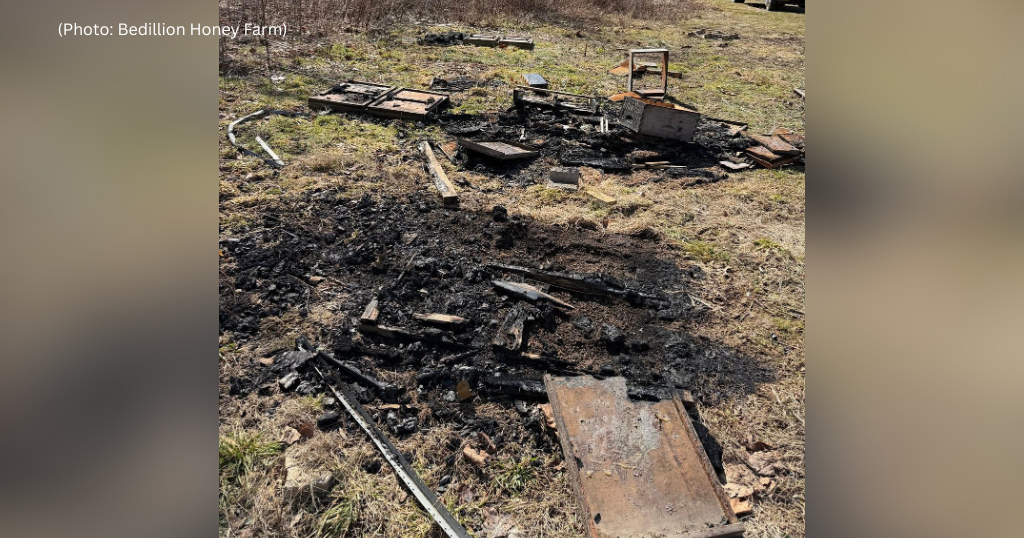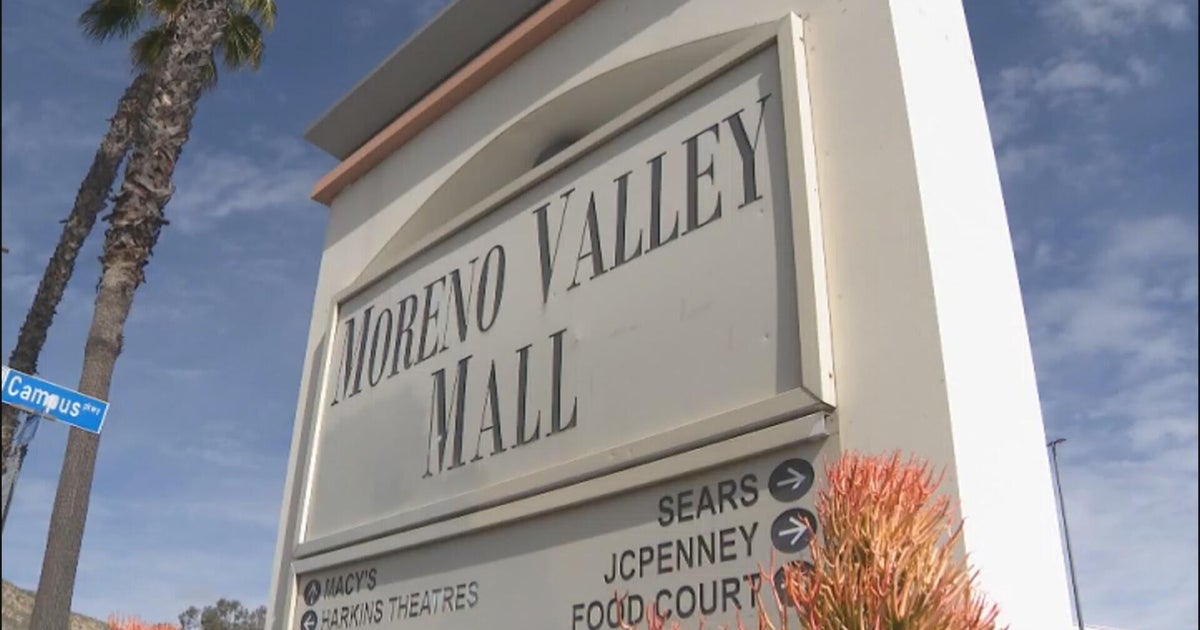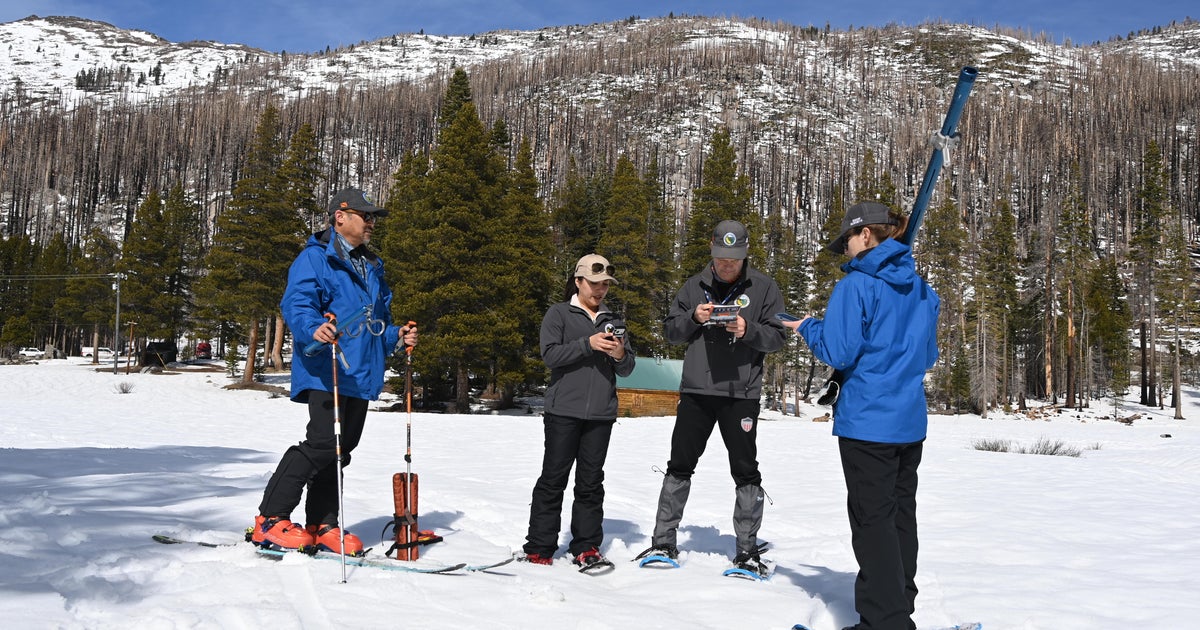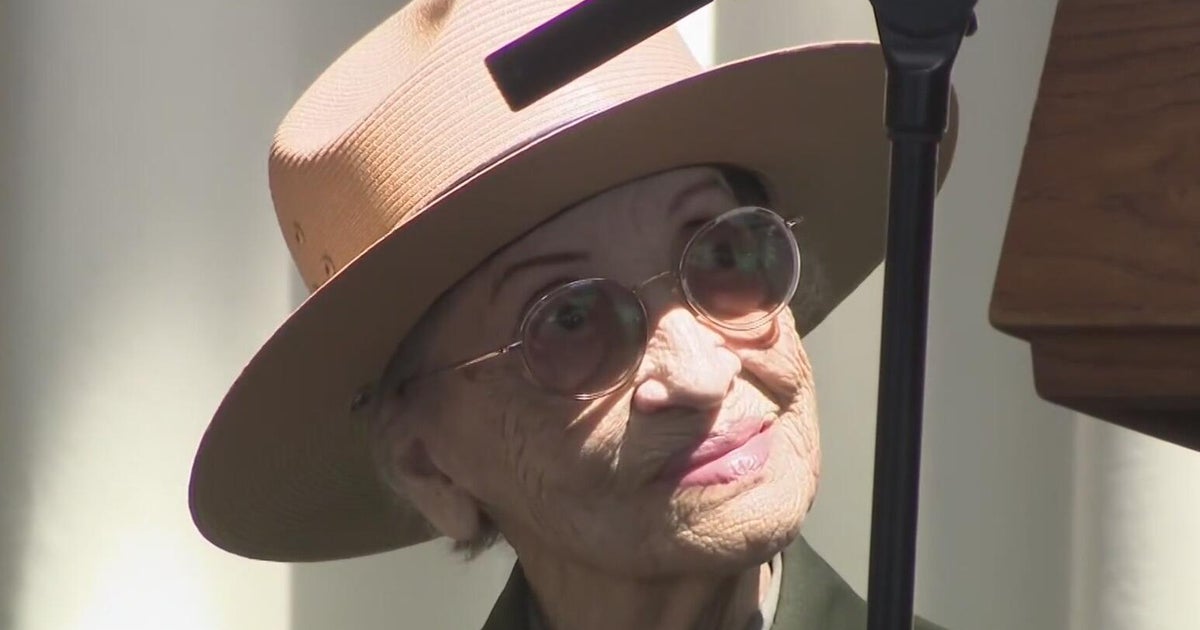Honey Bees In Short Supply In Central Valley
Central Valley farmers say they need two things to be successful: Water and honey bees. But both are in short supply this year.
A local beekeeper says he's having trouble finding enough bees for area farms and ranches. So, where did they all go?
"It's been stated that every third bite of food you take is thanks directly or indirectly to a honey bee," said beekeeper Orin Johnson.
Johnson is counting. His client is willing to pay a higher price for strong bees and there's only one way to tell if the colony is strong.
"We open them up and count the number of frames of bees. Not bees, the frames -- the number of bees covering a honeycomb," said Johnson.
California almond orchards need billions of bees, which the state doesn't have.
"Our November, December this year, what were they, 65, 75 degrees? The bees are flying and there's nothing out there for them to eat," he said.
Across the country, bee colonies have collapsed for unknown reasons. It's a big problem for California which increased its almond orchards.
"The amount of acreage that requires bees will out strip the supply," said Johnson.
So, these bees are shipped in from the Dakotas and Idaho and that's also a problem.
Beehive rentals jumped 25 percent last year and prices continue to climb. And the final insult is this year, Johnson lost bees to thieves.
"You put the bees out in the orchard. As you're leaving, a truck pulls in behind you and loads them up and rents them out," said Johnson.
He says the lack of bees can cost everyone this summer. Nuts, fruit, and vegetable prices may go up if the honey bee populations stay down.
Keeping the remaining bees alive is another challenge. Bees will need a new food source after the almonds are done.
Beekeepers say they end up moving the bees several times throughout the year.







